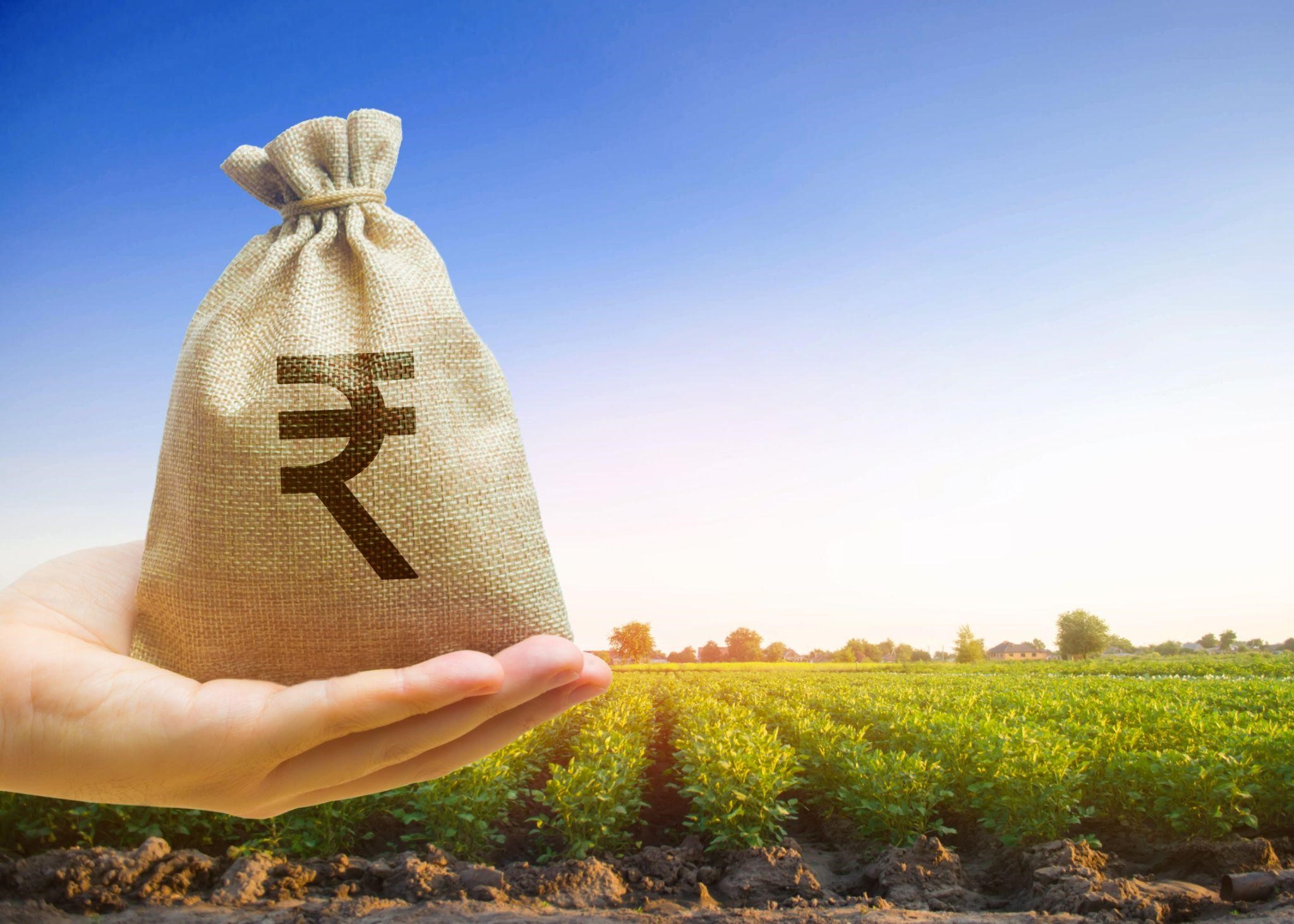Agriculture has been the backbone of the Indian economy since time immemorial, with the majority of the population relying on it for their livelihoods. Farmers, who form the backbone of the country’s agricultural industry, play a crucial role in feeding the nation. However, despite being one of the most important sectors, agriculture has been facing several challenges, such as uncertain rainfall and rising input costs, leading to a higher need for financing to help farmers through difficult times. This is where agriculture loans step in, providing much-needed funding to farming communities to enable them to produce more and generate higher income.
Agriculture loan for farmers
Agriculture loan for farmers, agriculturists, rural entrepreneurs, and agribusiness owners by banks and other financial institutions for various purposes. These loans may be used for the purchase of equipment and machinery, seed and fertilizer, construction of storage facilities, livestock maintenance, and other farm-related activities.
There are two types of agriculture loans offered to farmers – short-term and long-term loans. Short-term loans are used for seasonal and working capital requirements. These include purchasing seeds, fertilizers, pesticides, and other inputs that are needed before the start of the crop season. Short-term agriculture loans are usually disbursed within a year and are expected to be repaid during or after harvest. Long-term loans, on the other hand, are used for investments such as purchasing land, building irrigation systems, and buying equipment such as tractors. These loans are approved for a duration of 5 to 20 years and offer flexibility in terms of repayment schedules.
Loan against agricultural land
Loans against agricultural land are secured loans where the land is used as collateral or security to avail a loan. These loans are offered at lower interest rates than unsecured loans since the borrower is pledging an asset against the loan. The maximum amount of loan that can be availed is calculated based on the market value of the agricultural land. The loan amount also depends on the lender’s risk appetite and the borrower’s repayment capacity.
Loan against property for agricultural
Loan against property is another type of secured loan where the borrower pledges collateral in the form of property to obtain a loan. In this case, the loan amount is determined by the market value of the pledged property. The loan can be used for various purposes, including agriculture. While loan against property for agricultural is similar to loans against agricultural land, they differ in the type of collateral used. In the case of a loan against property, the borrower can pledge their residential or commercial property that is not being used for agricultural purposes.
Loan against agricultural land
Loan against agricultural land is a type of loan where the borrower pledges the agricultural land to obtain a loan. The lender offers loans against the property’s market value, and the loan amount depends on the property’s size, location, and market demand. The loan tenure for mortgage loans is usually longer than other types of loans, ranging from 10 to 30 years.
How to apply for agriculture loans?
To apply for an agriculture loan, the borrower needs to follow certain steps. The first step is to identify the lender that offers agriculture loans. Most banks and financial institutions offer such loans, and the borrower can compare the interest rates and loan terms of different lenders to choose the one that suits their needs. Once the lender has been identified, the borrower needs to fill out the loan application form along with the required documents. These documents include identification proof, address proof, income proof, and collateral documents. The lender will then evaluate the loan application and the collateral documents before making a decision. If the loan is approved, the borrower needs to sign the loan agreement and accept the terms and conditions of the loan. The borrower will then receive the loan amount, and they can use it for their intended purpose.
Eligibility criteria for agriculture loans
To be eligible for an agriculture loan, the borrower needs to fulfill certain criteria. The borrower should be a resident of India and should have a source of income related to agriculture. They should also have a valid proof of identification, address, and income. The borrower should be above the age of 18 years and should not have any outstanding loans or default history. The lender may also evaluate the borrower’s creditworthiness and repayment capacity before approving the loan.
Conclusion
Agriculture loans are an essential source of funding for farmers, agriculturists, rural entrepreneurs, and agribusiness owners. These loans help in mitigating the challenges faced by the agricultural sector and enable farmers to produce more and generate higher income. Agriculture loans may be used for various purposes such as purchasing equipment and machinery, buying seed and fertilizer, constructing storage facilities, and other farm-related activities. The eligibility criteria and loan terms vary from lender to lender, and borrowers should compare different lenders before applying for a loan. The government also offers agriculture loans under various schemes, and borrowers can explore these opportunities to obtain funding for their agricultural activities.

